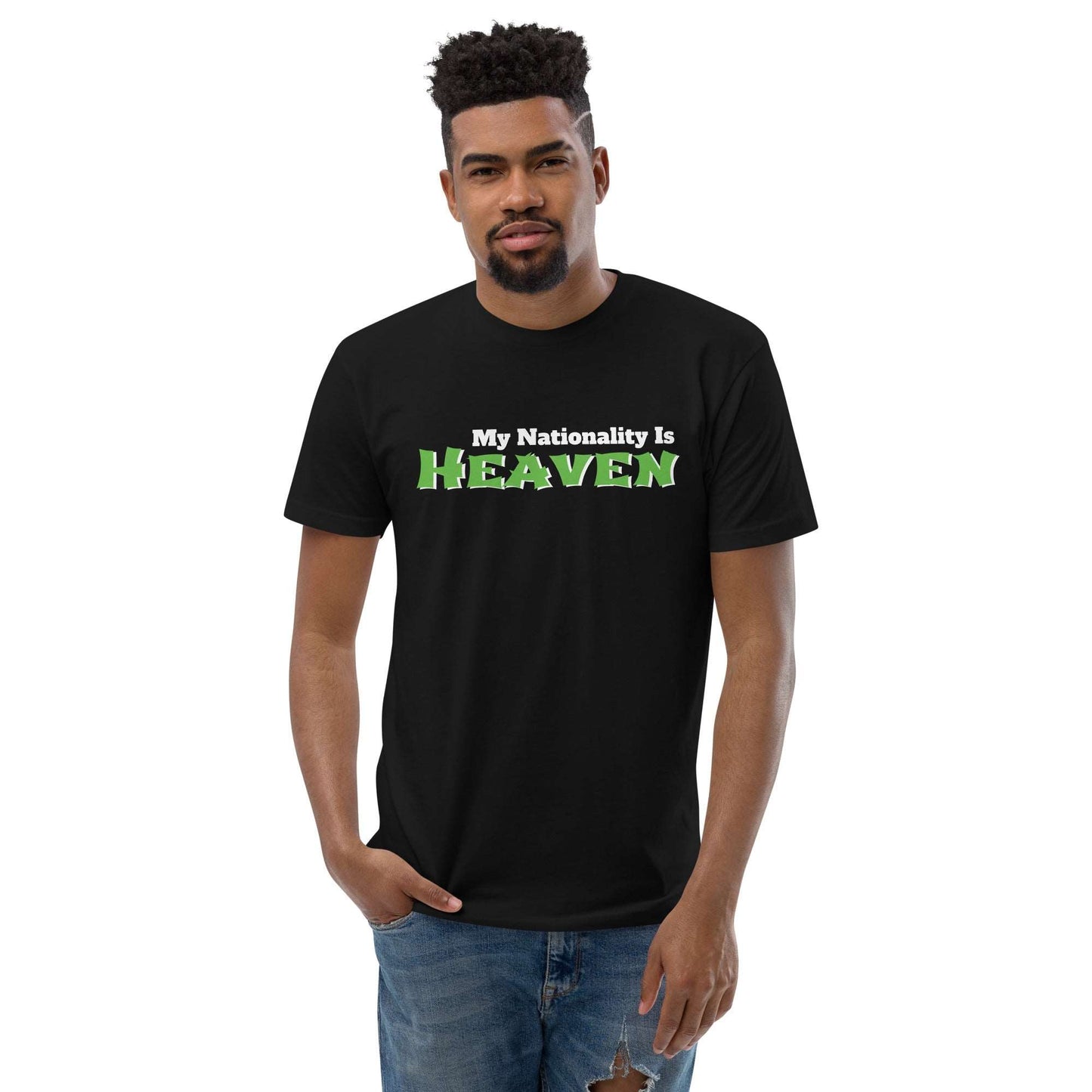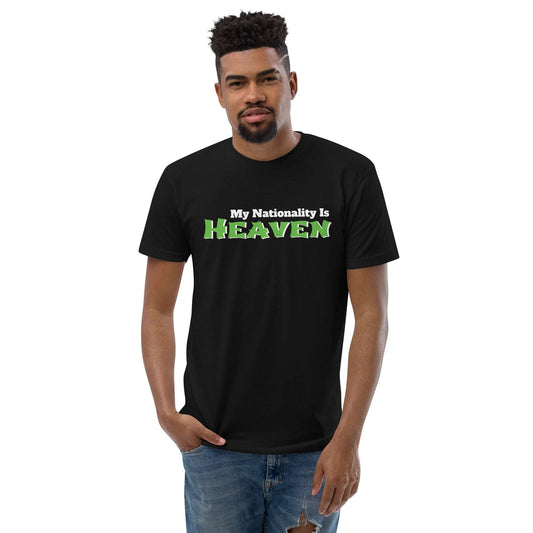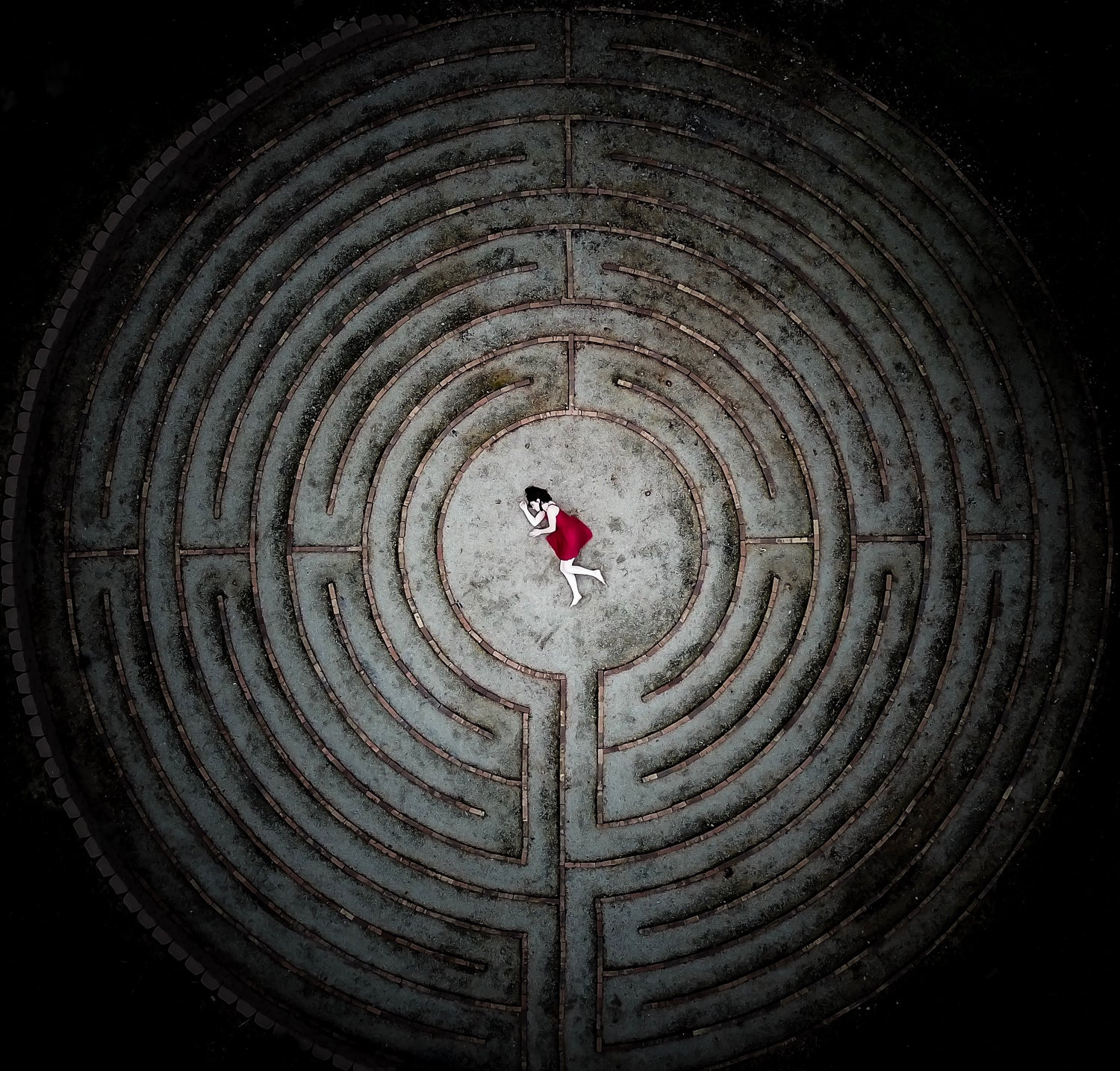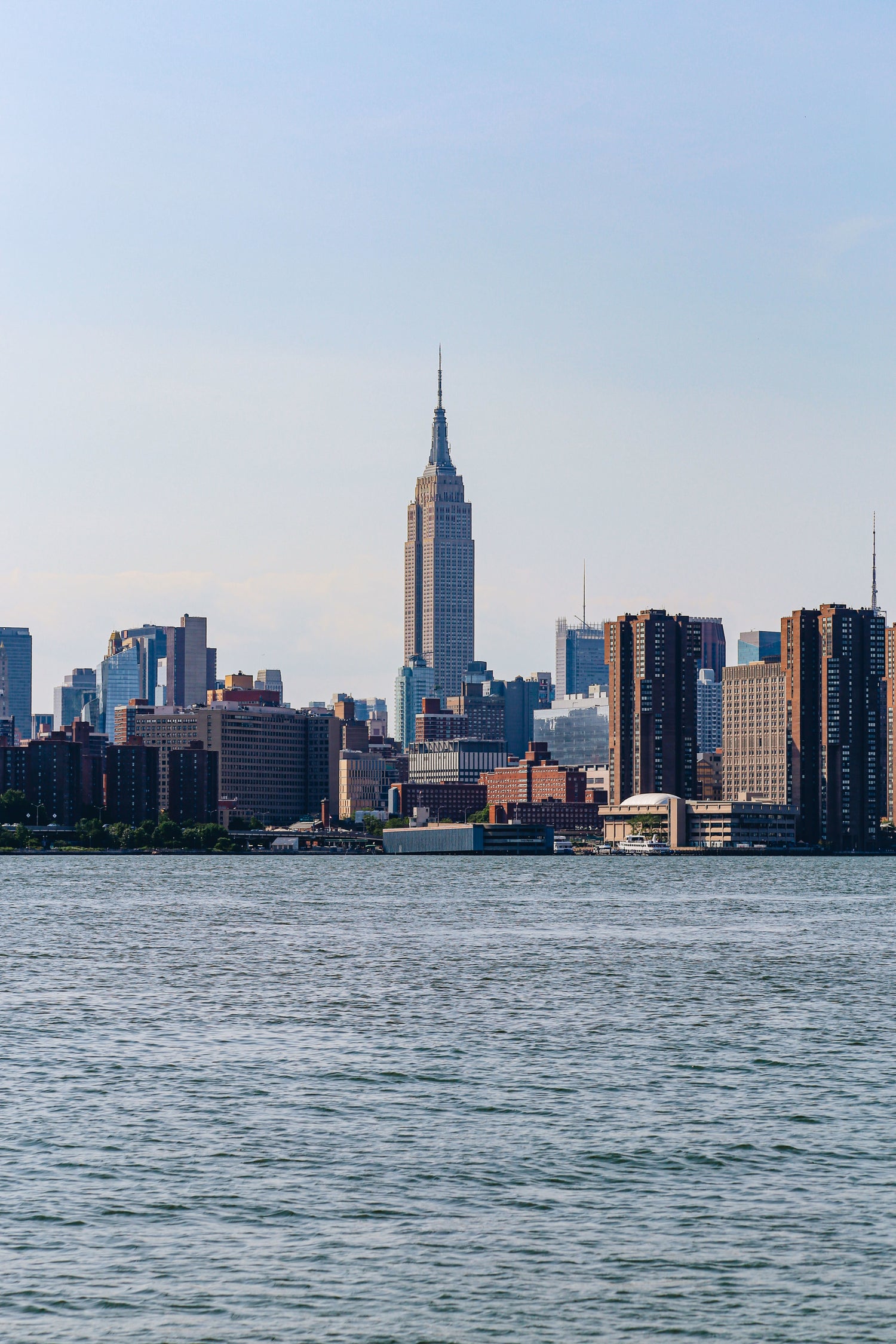In the realm of human interaction, few subjects are as complex and thought-provoking as the delicate interplay between gender dynamics and authority. A recent thought-provoking speech has reignited discussions on this enigmatic relationship, encouraging us to peer into the depths of nature, societal constructs, and the essence of human existence. As we embark on this intellectual journey, we invite you to join us in delving into the layers of complexity that surround the question: "Do men have authority over women?"
Patriarchy: A Closer Examination
The speaker's bold assertion that men are the historical architects of oppression calls for a closer examination of patriarchy. In the realm of feminist discourse, patriarchy has often been portrayed as a source of inequality and injustice. However, this perspective begs the question: Is there a more nuanced connection between authority, power dynamics, and human relationships that goes beyond surface-level assumptions?
Authority as Protection: A Paradigm Shift
The speech prompts us to consider a novel perspective: that authority can, in fact, be a form of protection. Analogizing the concept of patriarchy to that of a bodyguard, the idea emerges that those in positions of authority may inherently serve as safeguards against potential dangers. The societal narrative is not always one of domination; rather, it reflects a symbiotic relationship between authority, care, and security.
Nature's Unseen Hand
Nature, with its intricate patterns and designs, leaves an indelible mark on human behavior. The speaker's insights compel us to reflect on whether primal instincts influence our perceptions of authority. Does our innate understanding of potential threats prompt us to seek protection from those who appear stronger? Such reflections lead us to question whether the balance of authority is an inevitable outcome of nature's design.
Cultural Threads: East and West
Culture, a powerful influencer of our perceptions, plays an instrumental role in shaping the dynamic between authority and gender. The East and West present differing viewpoints on the matter, painting contrasting pictures of gender roles and responsibilities. These cultural nuances underscore the malleable nature of authority, hinting at a broader conversation about how societal values intertwine with this complex interplay.
Power and Dominance: The Western Lens
The speech introduces a fascinating discourse on the Western infatuation with power and dominance. By exploring the connections between these attributes and gender dynamics, we unearth thought-provoking questions. Does the Western world's affinity for force and control blur the lines between authority and superiority? Is authority truly derived from the ability to exert one's will, or does a more profound understanding await us?
Concluding Thoughts: An Invitation to Ponder
As we navigate the labyrinthine corridors of authority, gender, and nature, the speech's revelations beckon us to embark on an intellectual journey. The questions raised challenge us to dig deeper, peel back layers of preconceptions, and examine the very essence of human existence. Can we perceive authority as a multifaceted construct—one that intertwines with care, protection, and the intricacies of our shared humanity? We invite you to join us in pondering this multidimensional exploration, as we navigate the evolving terrain where gender dynamics and authority intersect.




























